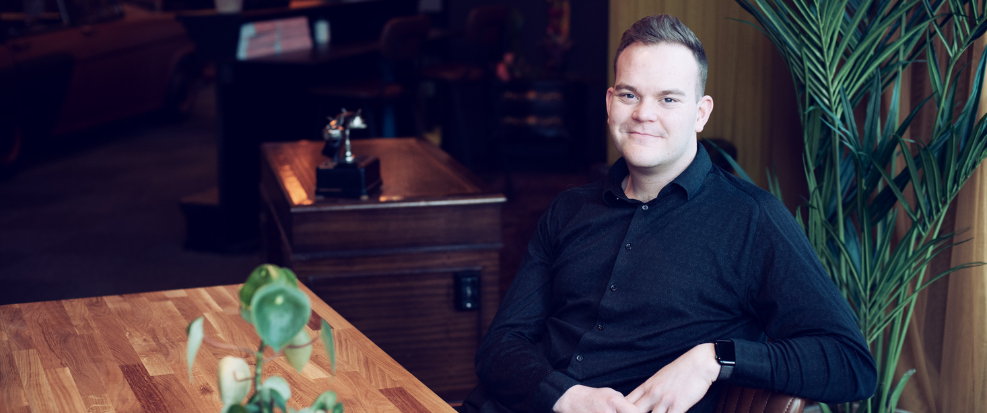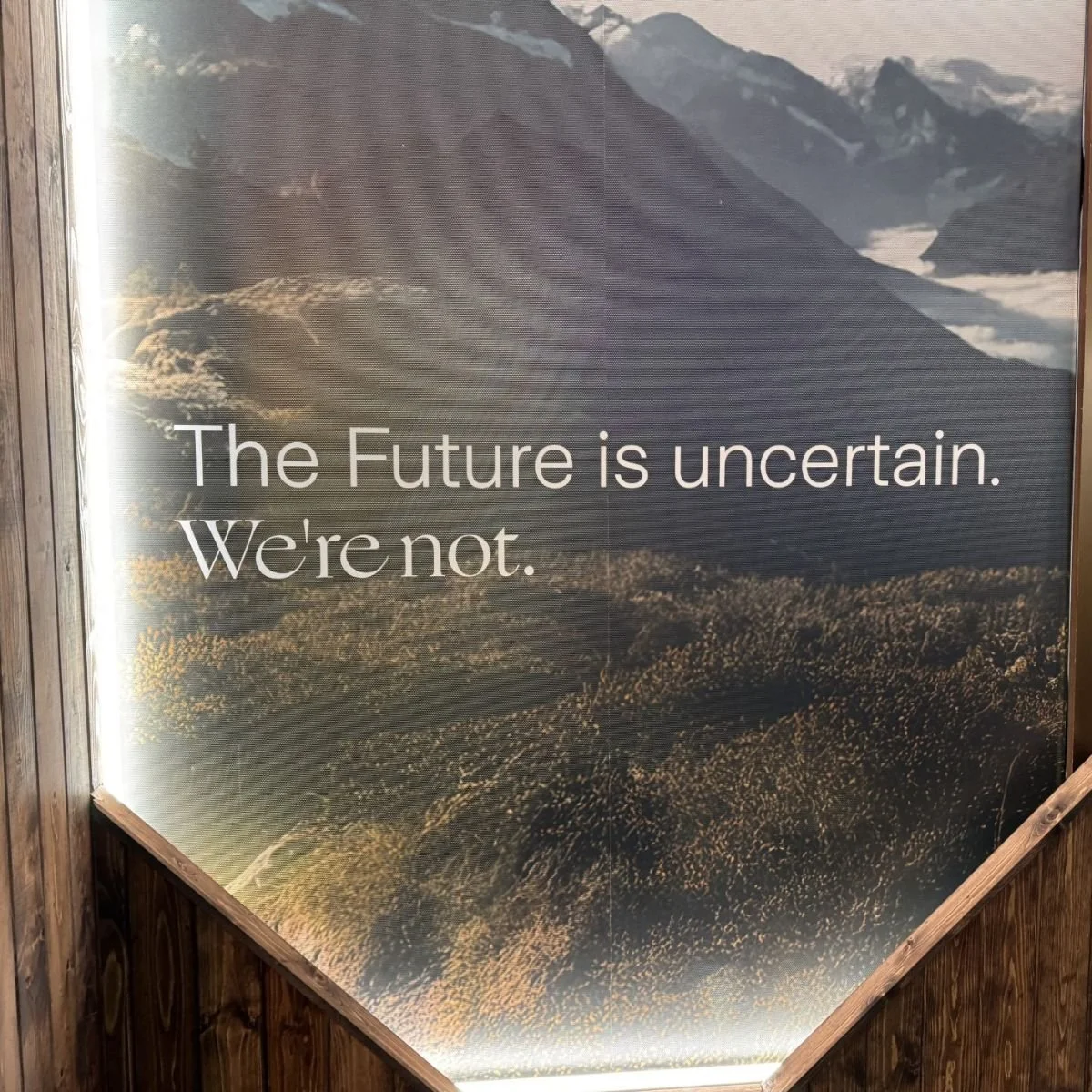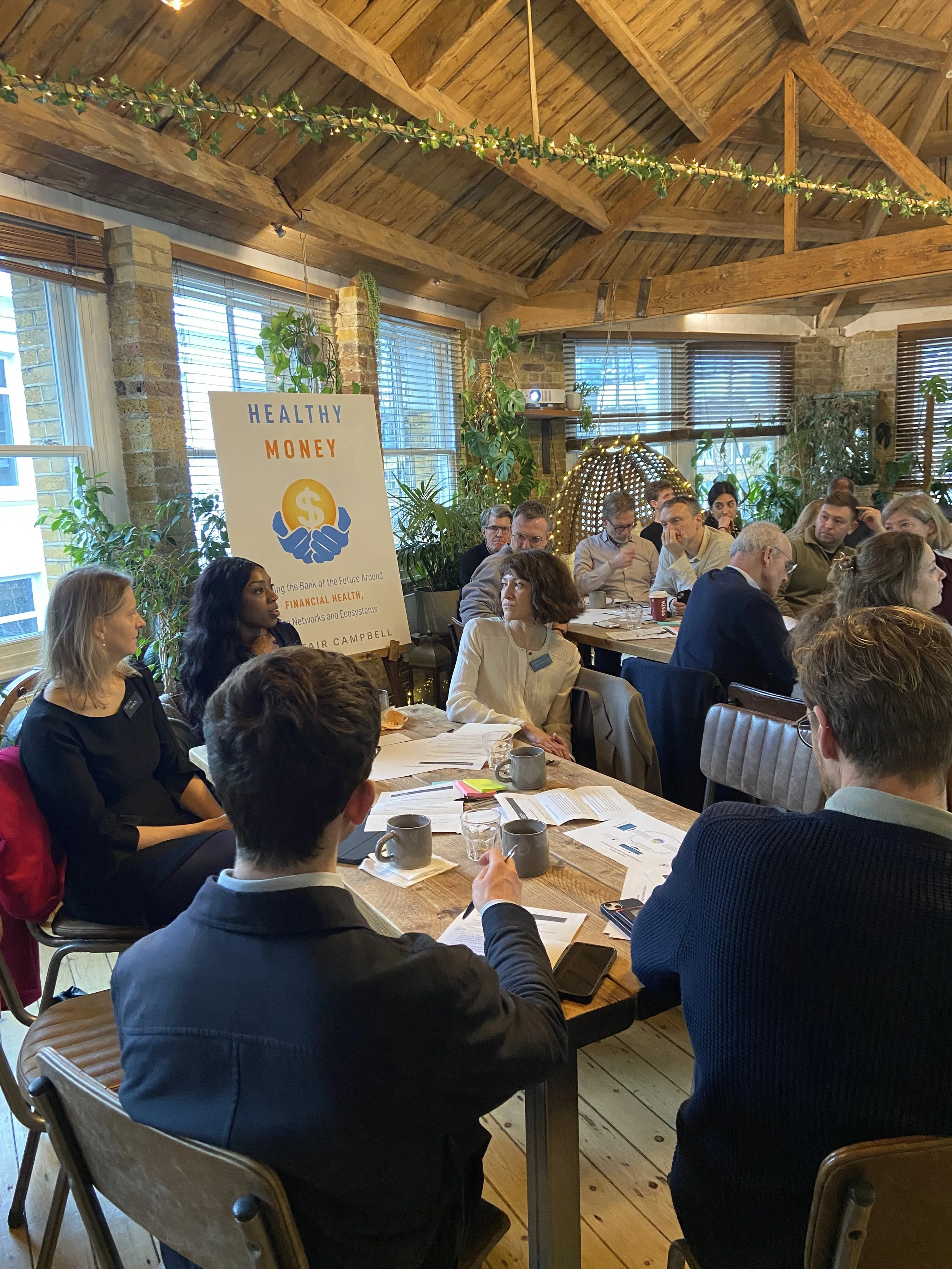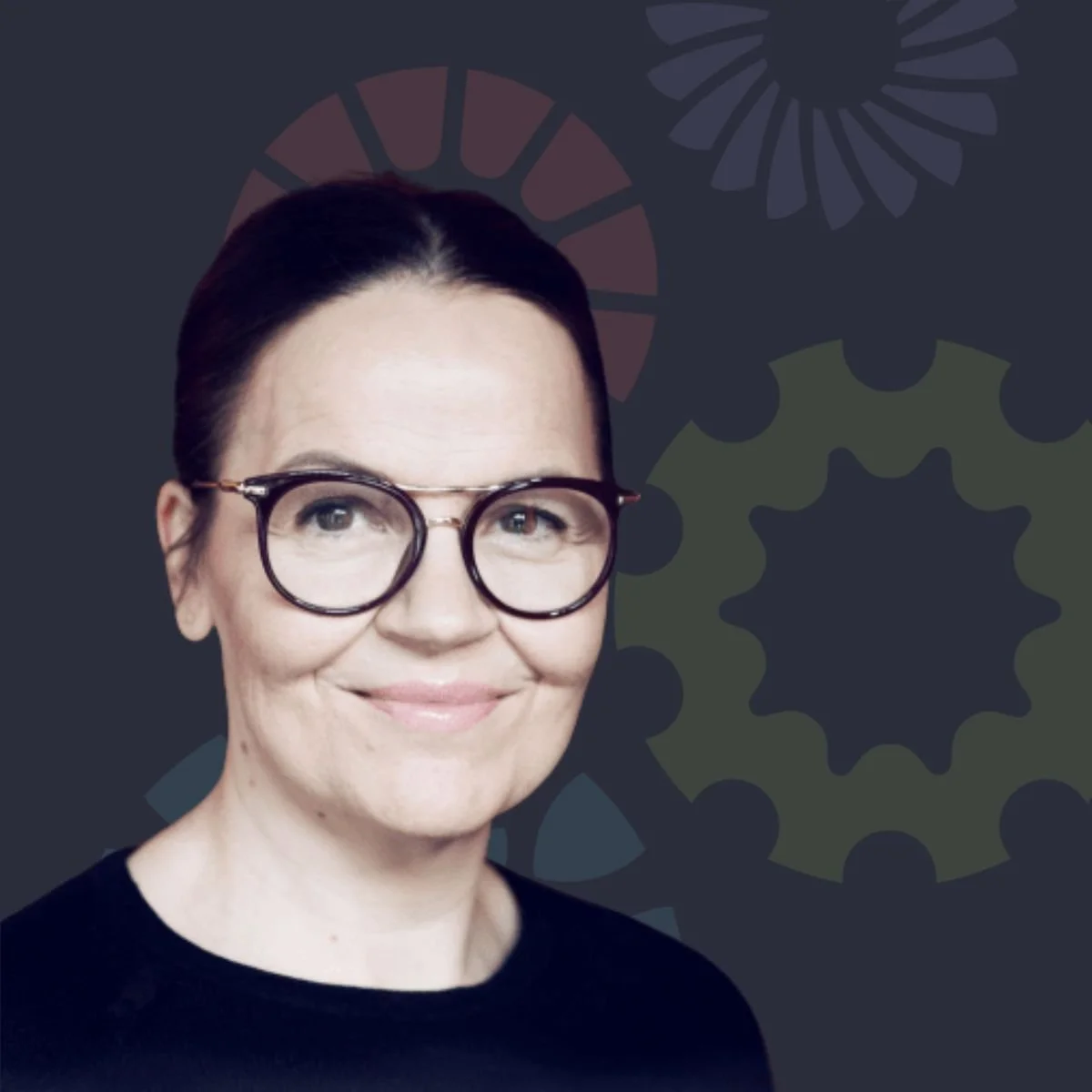Falling in Love With the Problem: Equipping Norway’s Entrepreneurs With Purpose and Practicality
July 2025 | Economics of Mutuality Leaders Stories
A Conversation With Martin Gjessing
Martin Gjessing, business development and project manager at Norwegian consulting firm Vekstpartner, is on a mission to empower entrepreneurs and businesses with the tools, insight, and courage to succeed.
With a background in accounting and a master’s degree in economic analysis, Martin’s early career focused on numbers, but his true passion lies in helping people bring their ideas to life.
Today, he supports startups and SMEs across every stage of their development: from forming their first business model to securing their first investor. “We help them with pretty much everything business-related,” he explains. “Sometimes that means helping them scale, and sometimes it means helping them find a better idea or the right people to partner with.”
Rooted in Real-World Relevance
The firm operates on a clear philosophy. In order for a company to succeed, it needs two things: capital and know-how. Martin and his team focus on the latter, offering hands-on guidance across strategy, operations, partnerships, and funding. They also help businesses apply for public grants and prepare for investor engagement.
But for Martin, it’s not just about growing companies. It’s about developing people.
Many early-stage entrepreneurs are quick to pursue an idea without fully understanding the need it addresses. “We spend a lot of time helping them define the actual problem they’re trying to solve and helping them falling in love with it,” Martin explains. “Because if you don’t get that part right, it doesn’t matter how good your product or service is—it won’t resonate.” This emphasis on clarity at the foundation stage ensures that the business model is grounded in real-world relevance and sets the stage for more sustainable growth. “It’s about creating something that matters and making sure they’re not doing it alone.”
Martin also encourages founders to think more deeply about their relationship with profit. He compares it to oxygen: essential for survival, but not the reason for living. “You need profit to keep the business alive, just like you need oxygen,” he says. “But it’s not the purpose. It’s what enables you to do something more meaningful.” This mindset shift—placing purpose at the center while respecting financial viability—is at the core of how Martin guides early-stage ventures.
Purpose in Business
Martin’s values-led approach led him to the Economics of Mutuality executive education program, where he found immediate alignment. “Mutuality gave us a language for what we were already doing,” he says. “It showed how purpose and business outcomes can work hand in hand.”
Furthermore, the course served as both a professional toolkit and a personal catalyst, reinforcing Martin’s commitment to helping others build ventures that create value for all. He sees the Economics of Mutuality’s focus on holistic value creation as an essential framework for Norway’s next generation of entrepreneurs, many of whom are already committed to embedding purpose into their organizational DNA.
“There’s a shift happening. People want their businesses to do more than make money. They want to contribute—to the planet, to their communities, to something bigger.”
Looking Ahead
In Norway, a new generation of entrepreneurs is emerging—driven not only by profit but by purpose.
They are building businesses that aim to contribute to climate solutions, social wellbeing, and local empowerment. Martin sees his role as walking alongside them as a trusted partner, helping translate those aspirations into viable, sustainable ventures.
Being rooted in mutuality, for Martin, means building with empathy, with insight, and with courage. It’s a mindset that shapes the future of entrepreneurship—and the kind of business he is committed to helping shape every day.
Are you a leader with a deep conviction that business should be a force for good? Our Leading With Purpose executive education program could for you.
Delivered online over 9-weeks, the course is grounded in the practical Economics of Mutuality operating model, which has been developed with leading companies and universities including Mars and Oxford University’s Saïd Business School.
Since its inception, it has helped over 500 senior business leaders and investors integrate social and environmental impact into their core business strategy.
Program dates: October 1 – December 3
Application deadline: August 27




